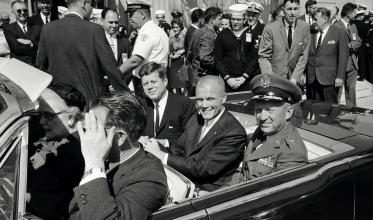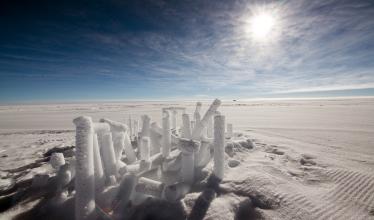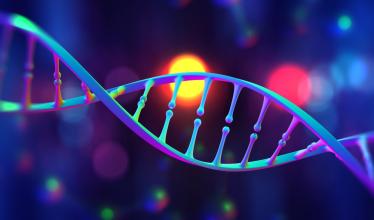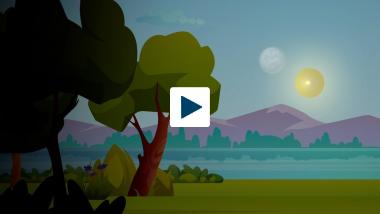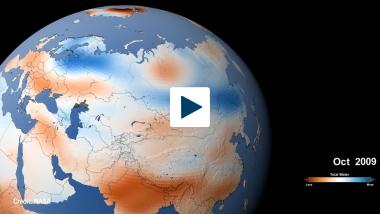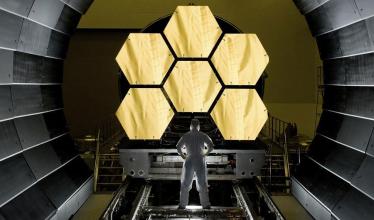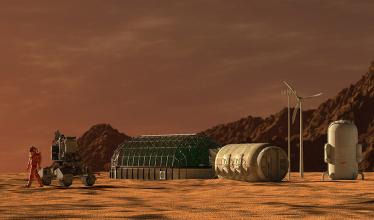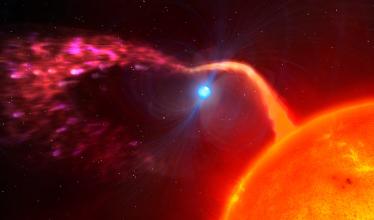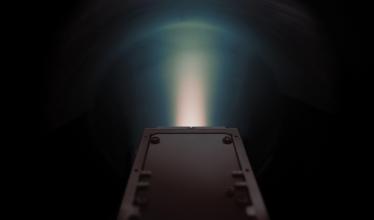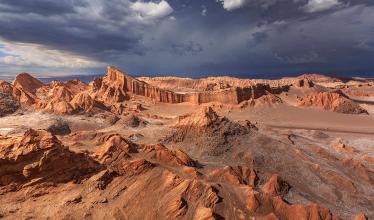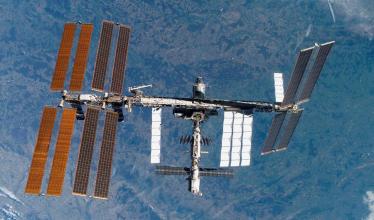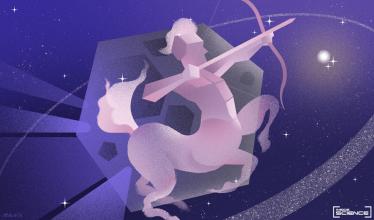Space
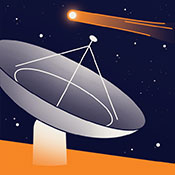 Black holes, galaxies, mysteries and space travel
Black holes, galaxies, mysteries and space travel
Our coverage sheds light on the boundless darkness, the physical violence and the mysterious, awesome reaches of our universe. We ponder how it all began and about our place in the cosmos: Are we alone? Is there life on other planets? Will interplanetary travel save the human race? We also explore space through images, videos and illustration.
When he became the first American to orbit the Earth, John Glenn gave the United States a boost in the space race, making him one of the most famous Americans alive.
An analysis of radioactive chemicals in ice cores indicates one of the most powerful solar storms ever hit Earth around 7176 B.C.
The results could warrant further research into how enzymes function in space.
Why we sometimes see the moon and the sun at the same time.
The orbiting satellites are giving scientists insight into deep water supplies on Earth
A million miles from Earth, the James Webb Space Telescope will provide an unprecedented view of the early universe.
New research looks at how dust storms and a thin atmosphere may play into alternative energy sources on the Red Planet.
The fastest-spinning white dwarf on record completes a full rotation in 25 seconds.
Iodine-based ion propulsion could power small satellites and help solve our space junk problem.
Scientists prepare to probe other planets by combining different ways to detect signs of life.
Five space travelers had elevated levels of proteins in the blood often seen in people with head trauma and neurodegenerative diseases.
Understanding these ancient objects that sometimes produce cometlike tails may help explain how the solar system formed.

